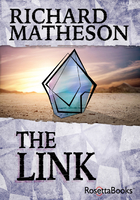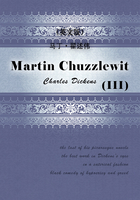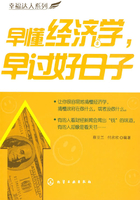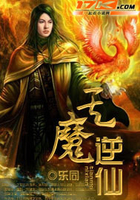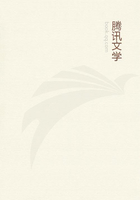HOW CAN WE ADDRESS our toughest challenges? How can we break through our most entangled, stuck problems? How can we create social change?
I have spent the past twenty years searching for answers to these questions. My work has been to help teams of leaders come together from across a given social system to address a particular challenge that all of them want to resolve but that none of them can resolve alone. My role has been as a designer, facilitator, and organizer of these practical social change projects. I have immersed myself in these initiatives, and at the same time have paid attention to what was happening around and inside me.
I have had the privilege of working in this way, alongside my colleagues, with all kinds of teams, on all sorts of challenges, in all parts of the world. We have worked in the United States, to make cities healthier and more livable; in Canada, to accelerate the shift to a low-carbon economy; in Colombia, to create equitable development amid continued polarization; in Guatemala, to implement the peace accords that ended the civil war; across Europe and the Americas, to make food supply chains more sustainable; in Israel, to deal with widening cultural and ideological schisms; in South Africa, to address critical developmental issues in the transition from apartheid; in India, to reduce child malnutrition; in the Philippines, to unblock a political stalemate; and in Australia, to effect long-delayed reconciliation between aboriginal and nonaboriginal people.
These experiences have given me an up-front view of the dynamics of social change at many levels: individual, group, community, society. I have been a member of tens of diverse teams; working together over months and years; engaging heads, hearts, and hands. I have had the opportunity to participate in much trial and much error and much learning. I have worked side by side with remarkable change agents, social entrepreneurs, and activists, and been able to observe, from both outsider and insider perspectives, what works and what doesn't. Based on these firsthand experiences, I have written this book to share what I have learned with others who are trying to create social change.
Over these twenty years, I have made two discoveries. I reported the first one five years ago in Solving Tough Problems: An Open Way of Talking, Listening, and Creating New Realities. In that book I concluded that the key to creating new social realities is to open ourselves up and connect: to our own true selves, to one another, and to our context and what it demands of us.
Five years and many experiences later, I can see that this conclusion was right, but only half right, and dangerously so.
Power and Love picks up where Solving Tough Problems left off and reports the second discovery. In order to address our toughest challenges, we must indeed connect, but this is not enough: we must also grow. In other words, we must exercise both love (the drive to unity) and power (the drive to self-realization). If we choose either love or power, we will get stuck in re-creating existing realities, or worse. If we want to create new and better realities-at home, at work, in our communities, in the world-we need to learn how to integrate our love and our power.
Power and Love is both practical and personal. Many researchers-across political science, peace studies, management, neuro-biology, sociology, psychology, philosophy, theology-have used a variety of framings and vocabularies to point out the importance of power or love or both. The purpose of this book is not to reiterate or review these specialized theories, but to explore how in general and in practice we can work with power and love to address our toughest challenges. Furthermore, I have not constructed my understanding of these phenomena out of these theories, but instead out of sifting through and trying to make sense of my own most confusing and challenging experiences of social change.
Years ago I was amazed when I read the first pages of the second volume of Lawrence Durrell's novel The Alexandria Quartet. Balthazar hands Darley, the narrator, the marked-up manuscript of Darley's first volume: "a paper now seared and starred by a massive interlinear of sentences, paragraphs and question-marks." The second volume then goes on to relate a radically different interpretation of the same events that Darley had described in the first one, and the third and fourth volumes do the same again from two additional perspectives.
Many times during the past twenty years, I have been handed alternative interpretations of my own stories. I am moving along confidently, and then somebody says something that shows me things are not at all the way I think they are. Through such disciplined re-viewing of my own experiences, I have gradually built up my understanding of the dynamics of social change.
The book begins with "Introduction: Beyond War and Peace," which summarizes what I have learned. Chapter 1, "The Two Sides of Power," and Chapter 2, "The Two Sides of Love," describe these two fundamental drives that generate social change. Chapter 3, "The Dilemma of Power and Love," explains why we cannot choose between these drives but must find a way to reconcile them. Chapter 4, "Falling," Chapter 5, "Stumbling," and Chapter 6, "Walking," lay out a progression of three modes of employing power and love-from the most polarized and stuck to the most integrated and fluid-in working collectively to effect social change. In "Conclusion: To Lead Means to Step Forward," I suggest a way to work individually through this same progression, from falling to stumbling to walking, and so become more capable of addressing our toughest challenges.

